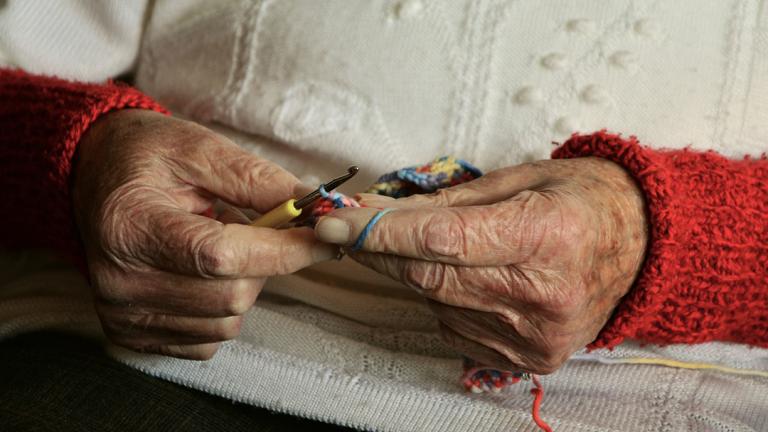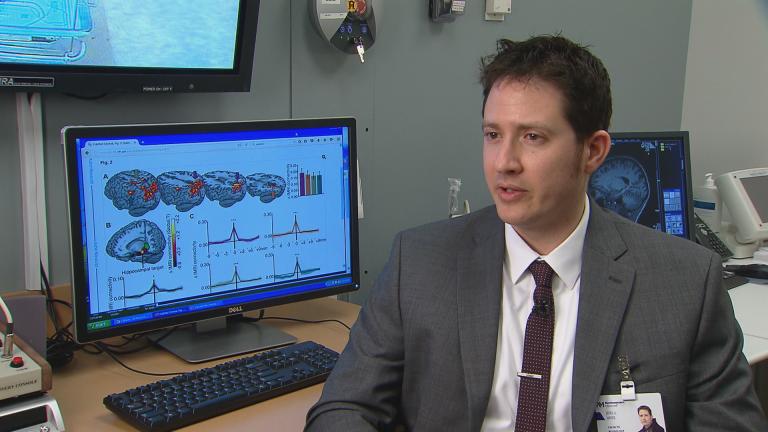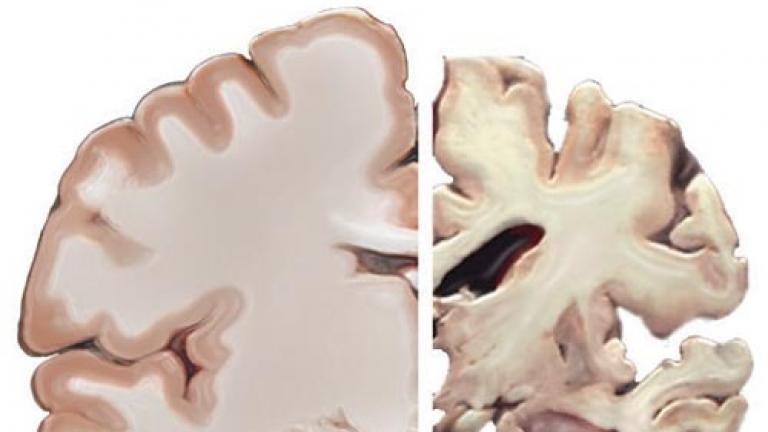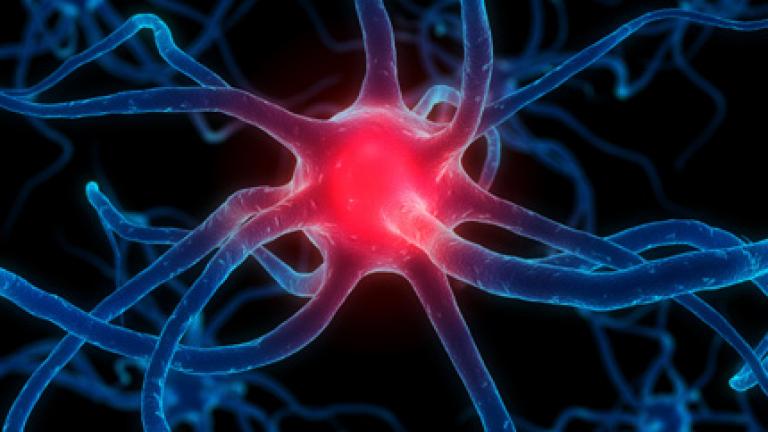Women perform better than men on memory tests used to diagnose Alzheimer’s disease, according to a recent study. But could this mental advantage be masking early markers of the disease in women?
Alzheimer's Disease
More than 5 million Americans were living with Alzheimer’s disease in 2016. We discuss some of the issues that family and caregivers face.
We learn about two Chicago studies showing that following a few basic nutrition principles can keep your brain agile and your heart strong.
Disappointing results from a clinical trial released late last month by Eli Lilly, but the drug is still being studied as a potential therapy for those who are at risk for memory loss.
Several 90-year-olds with superior memory were found to have the hallmarks of Alzheimer’s disease yet never developed dementia in their lifetimes. Scientists are now researching what protected these individuals from acquiring the disease.
A couple dealing with Alzheimer's finds strength and rekindled love in a storytelling workshop for dementia patients at Northwestern University.
High hopes in the search to reverse or prevent Alzheimer’s disease. We'll tell you about two important medical studies being conducted in Chicago.
The 25th anniversary of the Hubble telescope is this month, scientists find a potential breakthrough in our understanding of Alzheimer's disease, and the likelihood of finding life on Mars just went up. Rabiah Mayas, Director of Science and Integrated Strategies at the Museum of Science and Industry, rounds up the top local and international science news.
As baby boomers age, the rate of Alzheimer's disease climbs steadily. A program at Northwestern University pairs Alzheimer's patients in the early stages of the disease with first-year medical students to add a human dimension to their scientific and clinical studies.
We take a look at a new study that says Alzheimer’s is the third leading cause of death with one of the study’s researchers, Bryan James of Rush Alzheimer’s Disease Center. Read the full study, an article about super-agers, and view a graphic on Alzheimer's disease.
Researchers in the fight against Alzheimer’s may have found a way to detect the disease early on. They discovered small toxins related to Alzheimer’s, which builds up in the brain, attacking the brain’s memory centers. Collaborators are trying to discover a way to protect the brain from these toxins, or even better, prevent them from building up in the first place. Dr. William Klein, an Alzheimer’s disease researcher at Northwestern University, joins us with details. Read facts and figures about Alzheimer's disease and watch a video.
Could patients complaining of early signs of dementia be right -- even if tests say they're perfectly normal? We have some of the latest Alzheimer's research, including "subjective cognitive decline," when people sense that their memory is failing, even when no one else can notice a difference. Read an article.
Groundbreaking brain research has scientists closer to understanding how Alzheimer's disease spreads inside the brain. A local neurological researcher explains.














